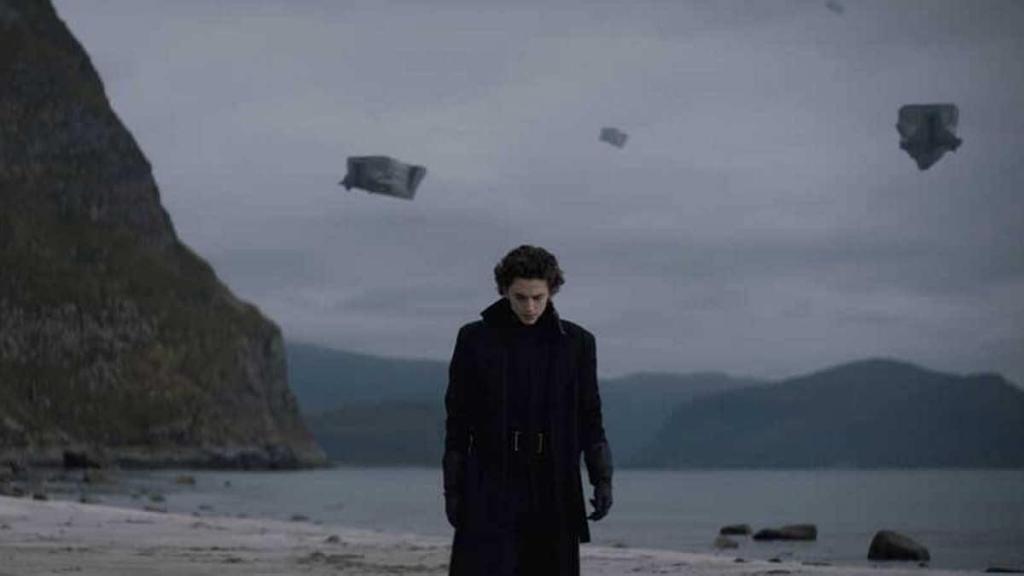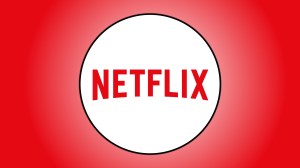Adapting any beloved piece of fiction from book to screen is a daunting task, but for Frank Herbert’s 1965 science-fiction epic Dune, that daunting task is something more than just a challenge. It’s been an outright nightmare, in a sense, with the book considered by some to be “unfilmable” due to its complexity and, indeed, numerous failed attempts came about in the 1970s, followed by David Lynch’s critically panned and commercially disappointing 1984 film. Upon hearing that Denis Villeneuve was taking on the world of Dune, many were left intrigued and apprehensive at the same time. Now, Villeneuve’s Dune has finally arrived and it is not only easily the best adaptation of Herbert’s classic, it is a work of cinematic grandeur, bringing the far-flung world of Arrakis brilliantly alive in a way fans have only dreamed, but it’s not a film without flaw.
Videos by ComicBook.com
Much of Villeneuve’s Dune is spent in exposition. There is a lot of ground to cover in establishing the story, which largely centers around House Atreides, a powerful faction operating in an empire called the Imperium. After a rival house, the brutal House Harkonnen, is mysteriously removed from its long-term appointment overseeing the mining of the galaxy’s most valuable substance, Spice, on the planet Arrakis, the Emperor tasks Duke Leto Atreides (Oscar Isaac) to take on that appointment — an appointment Leto is aware is likely a trap. At the same time, Leto’s son Paul (Timothee Chalamet) has been having prophetic dreams of Arrakis and its people, the Fremen — particularly of a Fremen woman named Chani (Zendaya). As things play out, House Atreides arrives on Arrakis, and it has indeed all been a trap, and despite the destruction of, well, everything, Paul and his Bene Gesserit mystic mother, Lady Jessica (Rebecca Ferguson) manage to escape and survive, not to mention the strong implication that Paul is, in fact, the prophesied “Chosen One” as foretold by the aforementioned Bene Gesserit.
That is a lot of ground to cover and, while that doesn’t even scratch the surface of Dune as a story, Villeneuve’s film does pull this primer of sorts off somewhat effortlessly with its dazzling visuals. Everything in Dune feels sharp and oversized and pristine in that high-science-fiction sense. It’s, very bluntly, art moving across the screen. There is no detail missed in Dune, from the desert world of Arrakis to the watery, oceanic world of Caladan to the grim Harkonnen homeworld Giedi Prime. Everything is distinct and fascinating. If Dune the novel inspired so many works after it, this film will visually inspire the future as well.
Where Dune missteps a bit is both in its pacing and in how it leans into some of the more problematic aspects of the novel. While the idea of Paul as the Chosen One and his role in the future of Arrakis and the empire more broadly is fascinating, the film doesn’t manage to move too far from a “white savior” complex. Even Chani’s opening voiceover being decidedly anti-colonialist in asking who their next oppressors will be, Paul Atreides smacks of white savior complex — most of the Fremen are portrayed by non-white actors while most of House Atreides is white. That isn’t to say the performances aren’t strong; Chalamet’s Paul is well-crafted and Ferguson’s Lady Jessica is outstanding, while Jason Momoa is a delight as Duncan Idaho and Sharon Duncan-Brewster is an absolute standout as Liet-Kynes. The acting in the film is solid, it’s just the implication that is a bit jarring — and one could argue that much of the outstanding cast isn’t utilized nearly enough.
That leads to criticism about the film’s pacing. Dune is a long film and it feels like a long film and yes, it does move slowly, but what makes it perhaps a weakness for the average moviegoer, as opposed to a die-hard Dune fan, is that right when things start to get interesting, that’s when the film comes to a halt. Yes, Villeneuve stops the story in the middle. If we want to know what’s next, we will have to hope for Part Two.
Even with the missteps and the half-finished feel of having to wait for a “Part Two” — something that, at this point, isn’t even a guarantee — Dune is a genuinely fantastic film and truly a cinematic experience. The best and closest adaptation of Herbert’s novel to date, a truly sumptuous and decadent visual affair, even with a bit of discomfort in terms of the hero versus the ones needing a hero, Dune is an absolute vision given life. Here’s to hoping we aren’t left just dreaming of more.
Rating: 4 out of 5
Dune opens in theaters and debuts on HBO Max on October 21st.









